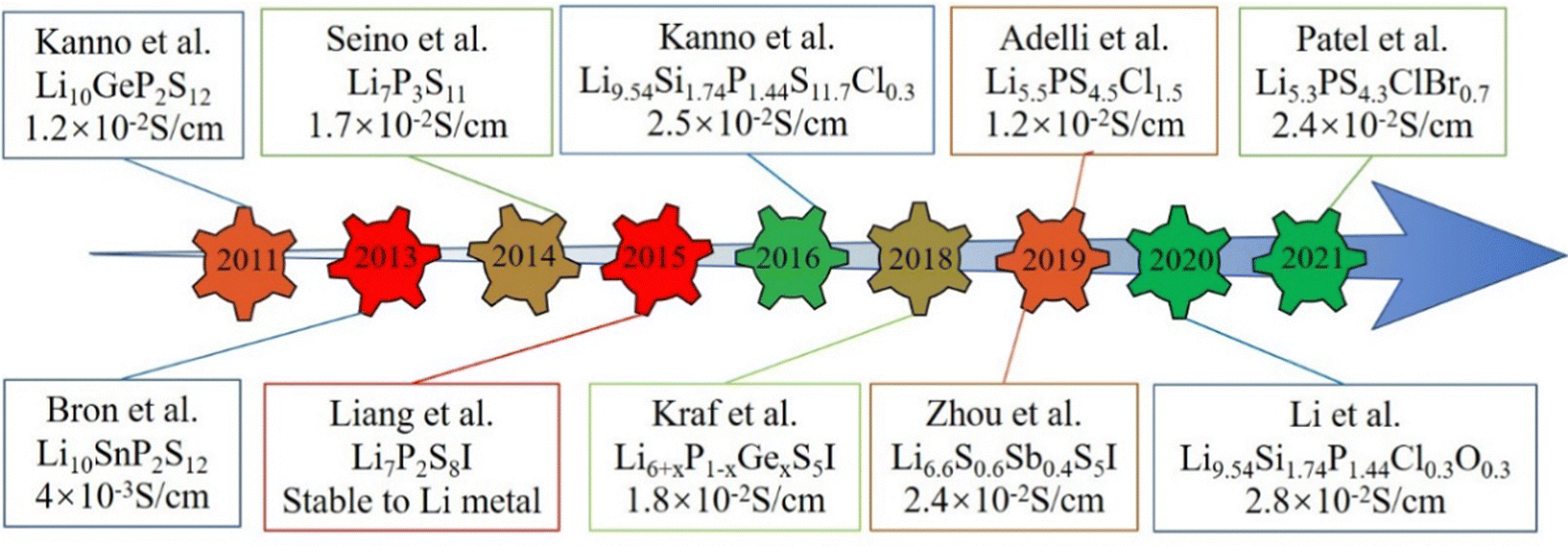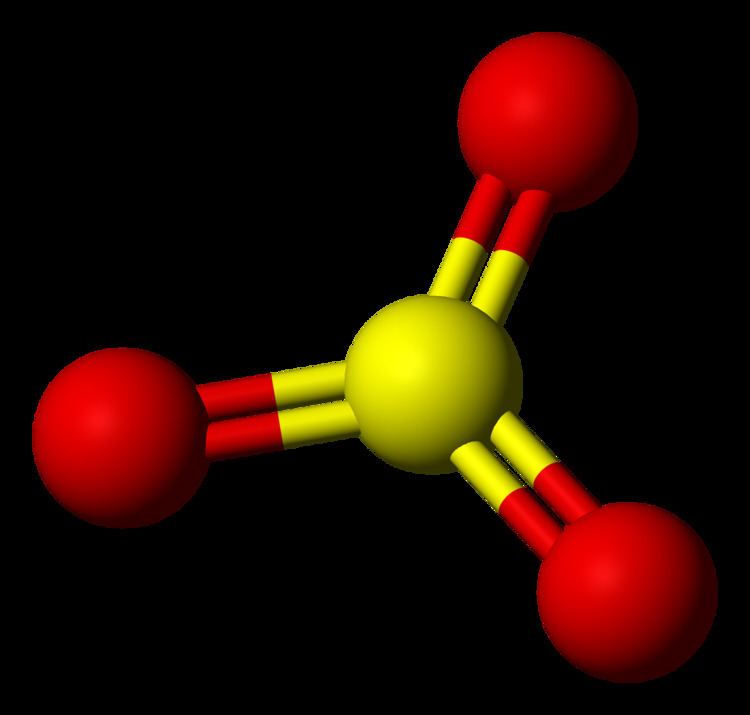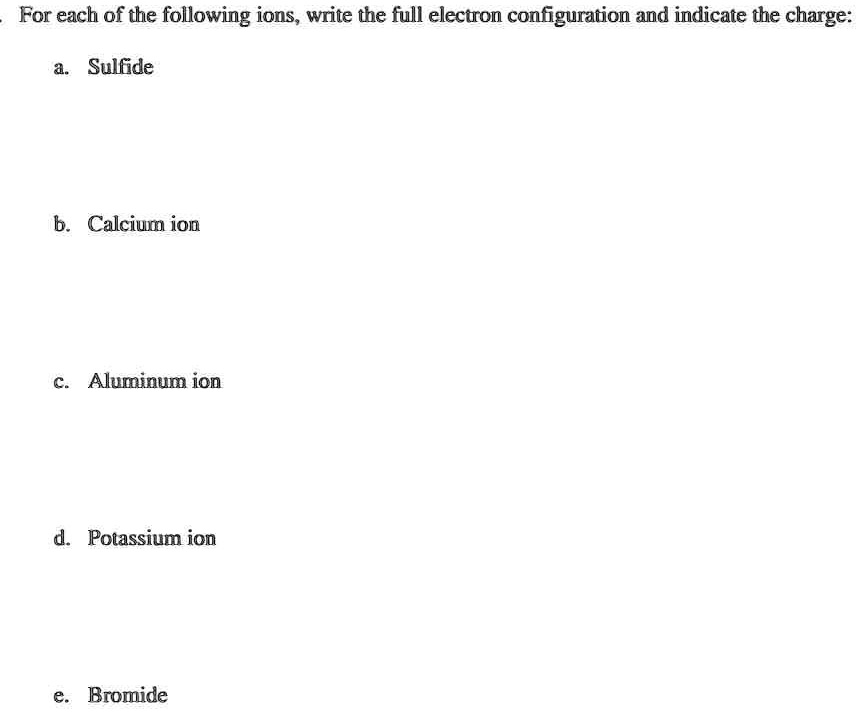What Is The Charge Of Sulfide - For example, iron( ii ) has a 2+ charge; Roman numeral notation indicates charge of ion when element commonly forms more than one ion. In your case, the sulfide anion, s2−, carries a (2 −) negative charge, which can only mean that it gained electrons.
In your case, the sulfide anion, s2−, carries a (2 −) negative charge, which can only mean that it gained electrons. Roman numeral notation indicates charge of ion when element commonly forms more than one ion. For example, iron( ii ) has a 2+ charge;
For example, iron( ii ) has a 2+ charge; In your case, the sulfide anion, s2−, carries a (2 −) negative charge, which can only mean that it gained electrons. Roman numeral notation indicates charge of ion when element commonly forms more than one ion.
How to Write the Formula for Sulfide ion YouTube
For example, iron( ii ) has a 2+ charge; Roman numeral notation indicates charge of ion when element commonly forms more than one ion. In your case, the sulfide anion, s2−, carries a (2 −) negative charge, which can only mean that it gained electrons.
Insights into interfacial physiochemistry in sulfide solidstate
For example, iron( ii ) has a 2+ charge; In your case, the sulfide anion, s2−, carries a (2 −) negative charge, which can only mean that it gained electrons. Roman numeral notation indicates charge of ion when element commonly forms more than one ion.
We can draw three inequivalent Lewis structures for carbonyl sulfide
Roman numeral notation indicates charge of ion when element commonly forms more than one ion. For example, iron( ii ) has a 2+ charge; In your case, the sulfide anion, s2−, carries a (2 −) negative charge, which can only mean that it gained electrons.
Sulfide charge jordoutdoor
In your case, the sulfide anion, s2−, carries a (2 −) negative charge, which can only mean that it gained electrons. For example, iron( ii ) has a 2+ charge; Roman numeral notation indicates charge of ion when element commonly forms more than one ion.
Sulfide charge atilagrid
For example, iron( ii ) has a 2+ charge; In your case, the sulfide anion, s2−, carries a (2 −) negative charge, which can only mean that it gained electrons. Roman numeral notation indicates charge of ion when element commonly forms more than one ion.
Sulfate définition illustrée et explications
For example, iron( ii ) has a 2+ charge; Roman numeral notation indicates charge of ion when element commonly forms more than one ion. In your case, the sulfide anion, s2−, carries a (2 −) negative charge, which can only mean that it gained electrons.
Sulfide Wikipedia
Roman numeral notation indicates charge of ion when element commonly forms more than one ion. In your case, the sulfide anion, s2−, carries a (2 −) negative charge, which can only mean that it gained electrons. For example, iron( ii ) has a 2+ charge;
Chargedischarge profiles of bismuth sulfide recorded at 2 A g −1 (a
In your case, the sulfide anion, s2−, carries a (2 −) negative charge, which can only mean that it gained electrons. For example, iron( ii ) has a 2+ charge; Roman numeral notation indicates charge of ion when element commonly forms more than one ion.
Schematic illustration of the different types of interphases between
In your case, the sulfide anion, s2−, carries a (2 −) negative charge, which can only mean that it gained electrons. For example, iron( ii ) has a 2+ charge; Roman numeral notation indicates charge of ion when element commonly forms more than one ion.
SOLVEDFor each of the following ions, write the full electron
In your case, the sulfide anion, s2−, carries a (2 −) negative charge, which can only mean that it gained electrons. For example, iron( ii ) has a 2+ charge; Roman numeral notation indicates charge of ion when element commonly forms more than one ion.
For Example, Iron( Ii ) Has A 2+ Charge;
In your case, the sulfide anion, s2−, carries a (2 −) negative charge, which can only mean that it gained electrons. Roman numeral notation indicates charge of ion when element commonly forms more than one ion.









